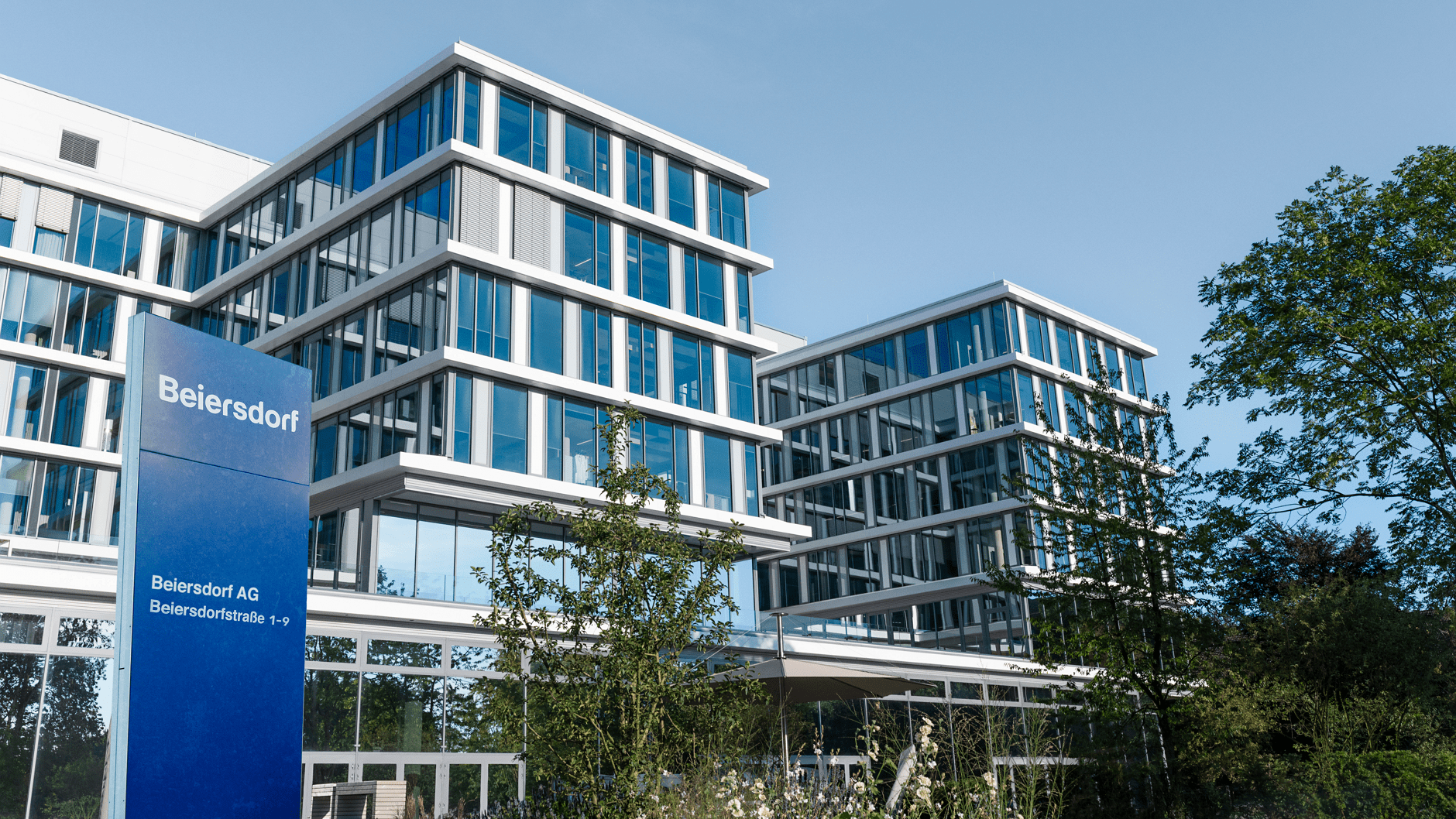- Beiersdorf continues to drive palm oil commitment as in line with CARE BEYOND SKIN Sustainability Agenda
- Target until 2026: 200 smallholders to be RSPO certified to strengthen local nature conservation and sustainable palm oil cultivation
- Beiersdorf’s supplier Evonik joins in to support the
WWF project in West Kalimantan
WWF and Beiersdorf extend cooperation for more sustainable palm oil production in Indonesia until 2026
Hamburg, January 24, 2023 – Beiersdorf AG and World Wildlife Fund For Nature (WWF) are strengthening their joint commitment to protect nature on the island of Borneo. For another four years, the skin care company will support the nature conservation organization’s project in West Kalimantan, the Indonesian part of the island. There, the partners aim to prevent further conversion of natural forests by promoting the cultivation of sustainable palm oil and improving the living standards of the local smallholders. With the start of the project extension, the specialty chemicals company Evonik, a supplier of Beiersdorf for palm (kernel) oil derivates, will join the initiative.
Borneo is the third largest island in the world, home to one of the world’s most important rainforest areas and boasting a huge biodiversity. Unfortunately, large areas of this important ecosystem have been converted to palm oil plantations in recent decades. Already since 2018, Beiersdorf and WWF are working together with smallholders in the Kapuas Hulu District to make a difference on the ground. Among other achievements, the smallholders’ association ‘Mitra Bersama’ was founded, which now provides the basis for the planned RSPO certification of their plantations (RSPO: Roundtable on Sustainable Palm Oil).
Targets for 2026
During the extension of the project until June 2026, 200 members of ‘Mitra Bersama’, who jointly own about 300 hectares of land, are to be certified according to the RSPO standard. Another goal the partners are striving for is for the smallholders to gain direct market access to a palm oil mill.
“The common project of Beiersdorf, Evonik, and WWF combines transformative corporate objectives with local nature conservation, which makes our cooperation exceptional. Together, we are strengthening sustainable palm oil production to preserve healthy, species-rich forest systems,” says Silke Düwel-Rieth, Head of Business and Markets at WWF Germany.
In the long term, Beiersdorf and Evonik have the vision to source palm (kernel) oil derivatives for their products directly from the project region. The certification of the smallholders is therefore an important building block for the two companies, which are highly committed to sustainability along their entire palm (kernel) oil derivatives supply chain. Beiersdorf and Evonik are already supporting together a project in the Tabin region, Malaysian part of Borneo, together with WWF. There, too, improved palm oil cultivation and the protection of wildlife habitats are to contribute to more sustainable development of the landscape.
“Sustainability drives us and is our guiding business principle. The origin of our raw materials is therefore of great importance to us. A large proportion of our cosmetic and cleaning solutions are already based on renewable raw materials,” explains Yann d’Hervé, head of the Care Solutions business line at Evonik.
“Promoting the sustainable cultivation of palm oil and stopping deforestation is an important topic for us,” explains Jean-François Pascal, Vice President Corporate Sustainability at Beiersdorf. “It’s firmly anchored in our CARE BEYOND SKIN Sustainability Agenda and we have made good progress in the past years. We are very pleased to expand our commitment now even further together with WWF and Evonik.”
Project progress since 2018
The first phase of the West Kalimantan project has laid a solid foundation for the planned RSPO certification. Among other achievements, training courses were implemented to enable smallholders to manage their plantations more sustainably, and the ‘Mitra Bersama’ association was successfully established. The certification of the palm oil fields to ensure a more sustainable production had already been planned for the first project phase, however, could not yet be achieved and is therefore an important part of the agenda for the coming years.
The role of palm (kernel) oil for the cosmetics industry
Global consumption of palm oil was estimated at around 75 million tons in 2022 and Indonesia is the largest producing country with over 40 million tons. The cosmetic, pharmaceutical, detergent and cleaning industries account for a share of round about 20 percent1. For the cosmetics industry it’s not palm (kernel) oil directly that is being processed, but so-called palm (kernel) oil derivatives. They are used as surfactants for foaming or as emulsifiers for a smoothing effect.
Beiersdorf uses round about 30,000 metric tons of palm (kernel) oil derivatives per year to manufacture its skin and body care products, including the NIVEA and Eucerin brands. Since the end of 2020, the company has been sourcing palm (kernel) oil derivatives entirely as RSPO Mass Balance certified. Beiersdorf has set itself the target of sourcing palm-based raw materials deforestation-free by 2025. Evonik develops innovative ingredients for cosmetic products and supplies Beiersdorf with palm (kernel) oil derivatives. The company also uses palm (kernel) oil derivatives to produce sustainable lubricant additives. Both companies have been committed for several years to the sustainable cultivation of palm oil and a transparent supply chain, and they share the target of deforestation-free sourcing.
1 Source: Konsum von Palmöl weltweit bis 2022/2023 | Statista

Downloads
-
WWF and Beiersdorf extend cooperation for more sustainable palm oil production in Indonesia until 2026 PDF 136 KB
-
Beiersdorf supports WWF’s smallholder project in Indonesia PNG 3 MB
-
Image 1: ©Matthieu Paley, Palm oil plantation in Central Kalimantan JPG 1 MB
-
Image 2: ©Matthieu Paley, Palm oil plantation in Central Kalimantan JPG 1 MB
